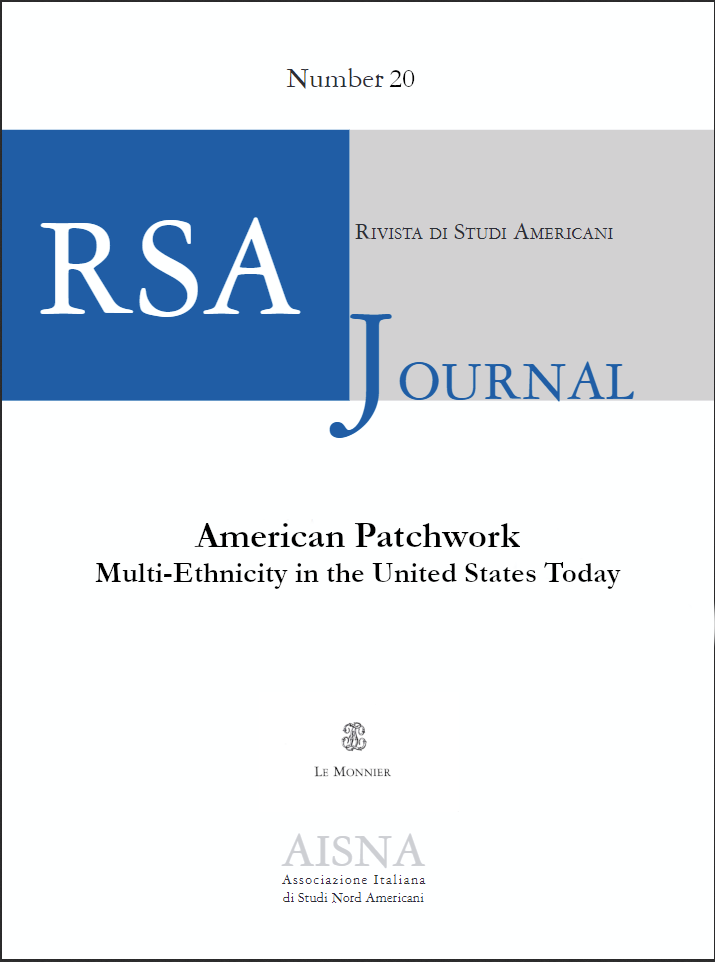The United States as a Microcosm
Horace Kallen and the Theory of Cultural Pluralism
DOI:
https://doi.org/10.13135/1592-4467/8668Keywords:
microcosm, cultural pluralism, multicultural, American identityAbstract
During the early twentieth century the common perception of American identity was considerably reframed by the emergence of a pluralist and cosmopolitan outlook towards cultural diversity. The massive waves of immigration which, starting in the 1880s, radically changed the ethnic composition of the United States, contributing to the rise of a more refined cultural consciousness within some of the largest and cohesive minorities of the country. In this context the American Jewish community played a significant role in the development of the national debate on assimilation. Zionists and Reform Judaists struggled to impose their own perceptions of the Jewish people’s place and mission in America. One of the main contributions to this debate was that of the Jewish philosopher Horace Kallen (1882-1974): his theory of cultural pluralism, which was inspired precisely by this dispute, was founded upon the idea of the United States as a microcosm and opened the way to a multicultural understanding of American society that has been largely influential and still today receives wide attention.
Downloads
Published
Issue
Section
License
RSAJournal will apply a CC BY 4.0 license to all its contributions starting with issue 37 (2026). Previous issues are licensed under a CC BY-NC-ND licence.





